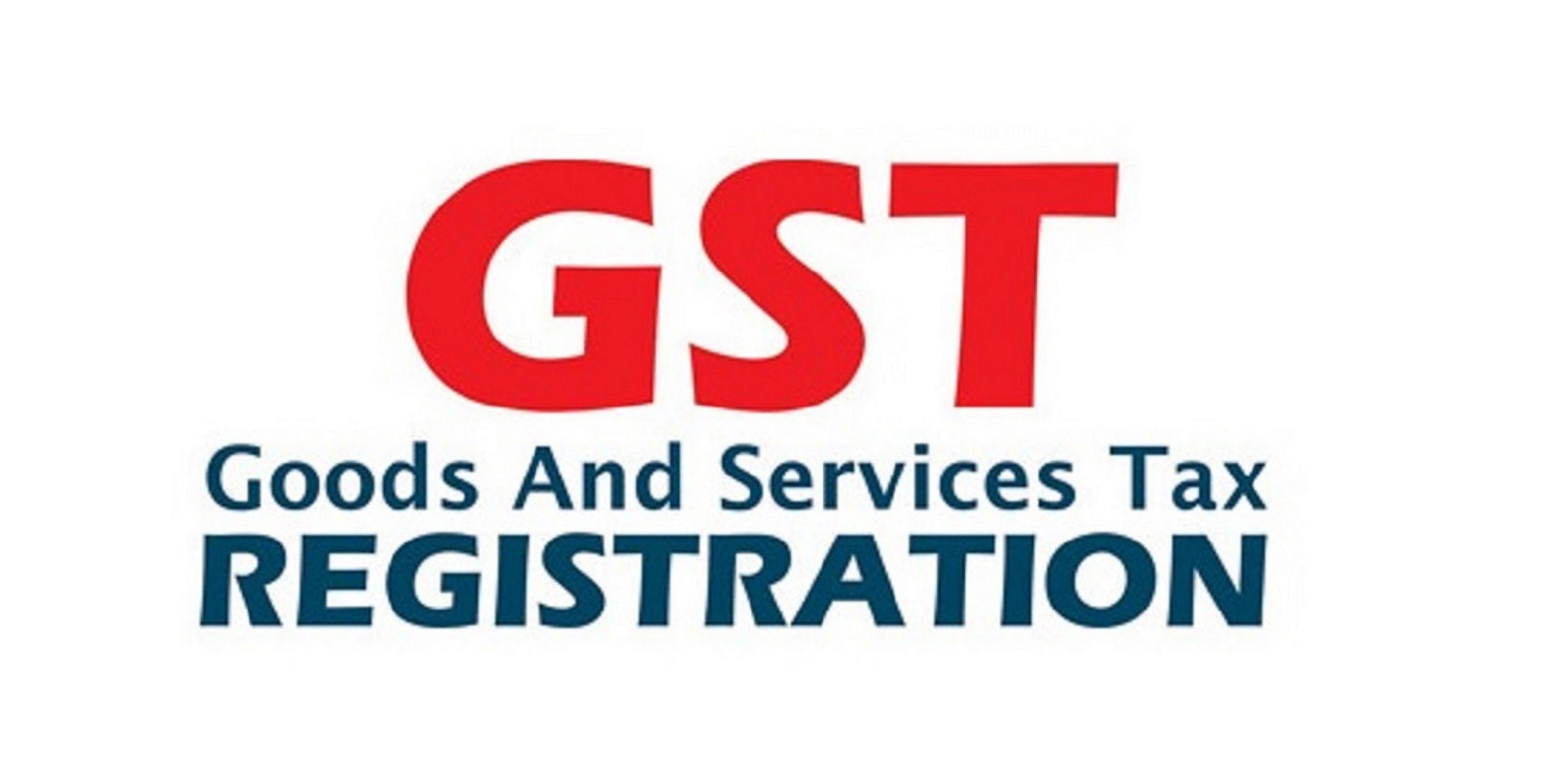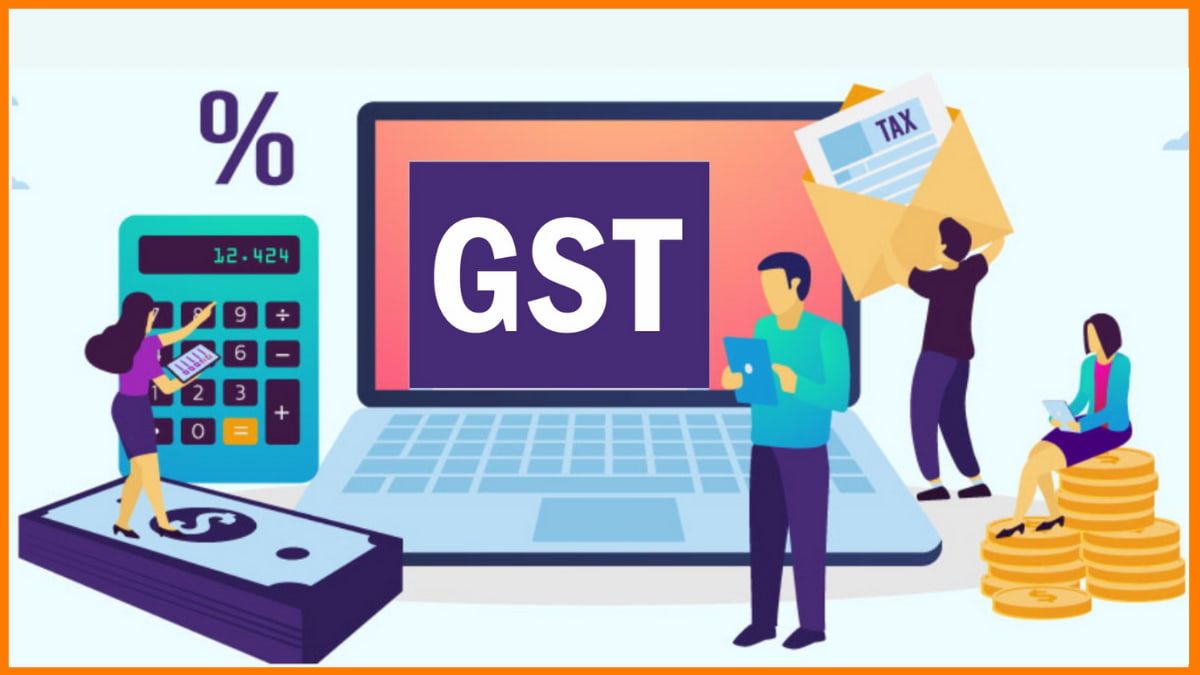Enhancing Your Singapore GST Registration: A Comprehensive Technique
Enhancing Your Singapore GST Registration: A Comprehensive Technique
Blog Article
The Ultimate Guide to Simplifying the GST Enrollment Refine and Requirements for Small Company Owners

Understanding GST Basics
To grasp the fundamentals of the Item and Solutions Tax (GST) system, local business owners should first understand its underlying ramifications and principles. GST is a value-added tax imposed on the majority of products and services for domestic usage. It aims to improve the taxation procedure by replacing multiple indirect tax obligations enforced by the state and main federal governments. Under the GST program, companies are required to collect and sign up tax in support of the federal government, making certain transparency and compliance.
One of the vital concepts of GST is input tax obligation credit score, which allows businesses to declare credit for tax obligations paid on their purchases. Recognizing these basic principles is important for little service proprietors to navigate the complexities of the GST system and guarantee compliance with the law.
Eligibility Criteria for Registration
Having developed a foundational understanding of GST principles, local business owners should now meet particular eligibility requirements to continue with the registration process. In India, entities took part in the supply of items or services with an annual accumulation turn over surpassing Rs. 40 lakhs (Rs. 10 lakhs for special classification states) are required to register for GST. In addition, particular organizations such as those associated with inter-state supply of products, laid-back taxable individuals, and those needed to pay tax under the reverse charge system need to register for GST regardless of their turn over. Moreover, companies that were signed up under the previous tax regime (BARREL, solution tax, and so on) are additionally mandated to register under GST. However, farming companies that only provide generate out of primary production are excluded from GST registration. It is important for company proprietors to very carefully evaluate their eligibility based upon these standards to make sure compliance with the legislation and avoid any type of penalties for non-compliance.
Papers Required for GST Registration

Simplified Registration Refine Steps
Following the collection and confirmation of the requisite papers, the registration procedure for GST can be navigated via a collection of streamlined steps made to assist in effective conformity for little business owners. The primary step involves seeing the GST website and selecting the 'New Enrollment' option. Ultimately, the candidate should complete Part A of the GST REG-01 kind with details such as frying pan, mobile number, and email address to get his comment is here an OTP for verification. As soon as the OTP is gotten and entered, a Momentary Recommendation More hints Number (TRN) is created for further procedures. The following step calls for filling up out Component B of the form with essential business information, uploading sustaining records, and completing the confirmation process utilizing DSC or EVC. Ultimately, upon successful verification, an Application Referral Number (ARN) is issued, suggesting the conclusion of the GST registration process. By complying with these simplified actions, small organization owners can successfully sign up for GST and make certain compliance with tax guidelines.
Tips for Ensuring Conformity
To preserve regulative adherence and operational integrity, persistent oversight and proactive measures are crucial in ensuring conformity with GST demands for small business owners. Small company proprietors should stay upgraded with GST policies, filing target dates, and any type of changes in tax prices to prevent penalties and keep a great standing with tax authorities. One essential idea for compliance is to maintain exact and in-depth records of all purchases, consisting of expenditures, receipts, and billings connected to GST. Regularly resolving financial records with GST returns can aid in identifying and fixing any disparities without delay. Additionally, carrying out routine interior audits or looking for professional support can ensure that business is following all GST policies appropriately. It is also vital for local business proprietors to buy GST-compliant bookkeeping software that can simplify the tax filing process and lessen mistakes. Lastly, attending GST understanding workshops or training programs can enhance understanding and compliance with GST policies, eventually profiting the organization in the lengthy run.
Final Thought
In final thought, little company owners should understand the fundamentals of GST, meet the qualification standards, gather necessary records, and adhere to the simplified enrollment process actions to make sure compliance. By streamlining the GST enrollment process and requirements, tiny service owners can prevent penalties and run their organizations smoothly within the legal structure - Singapore GST Registration. It is important for local business owners to remain compliant and informed with GST guidelines to maintain an effective company procedure
Tiny service owners looking for GST registration need to ensure they collect and submit the needed files to finish the registration procedure efficiently. The papers required for GST registration typically consist of evidence of company learn the facts here now enrollment or consolidation, FRYING PAN (Permanent Account Number) card of the service entity, identity and address evidence of the promoters/partners/directors, photographs, address proof of the area of business, bank account declarations or terminated cheques, and authorization types. Attending GST understanding workshops or training programs can boost understanding and compliance with GST regulations, eventually profiting the business in the long run.
By simplifying the GST enrollment process and needs, small company owners can stay clear of fines and operate their companies smoothly within the lawful structure. It is essential for little organization proprietors to remain informed and compliant with GST guidelines to preserve an effective service procedure.
Report this page